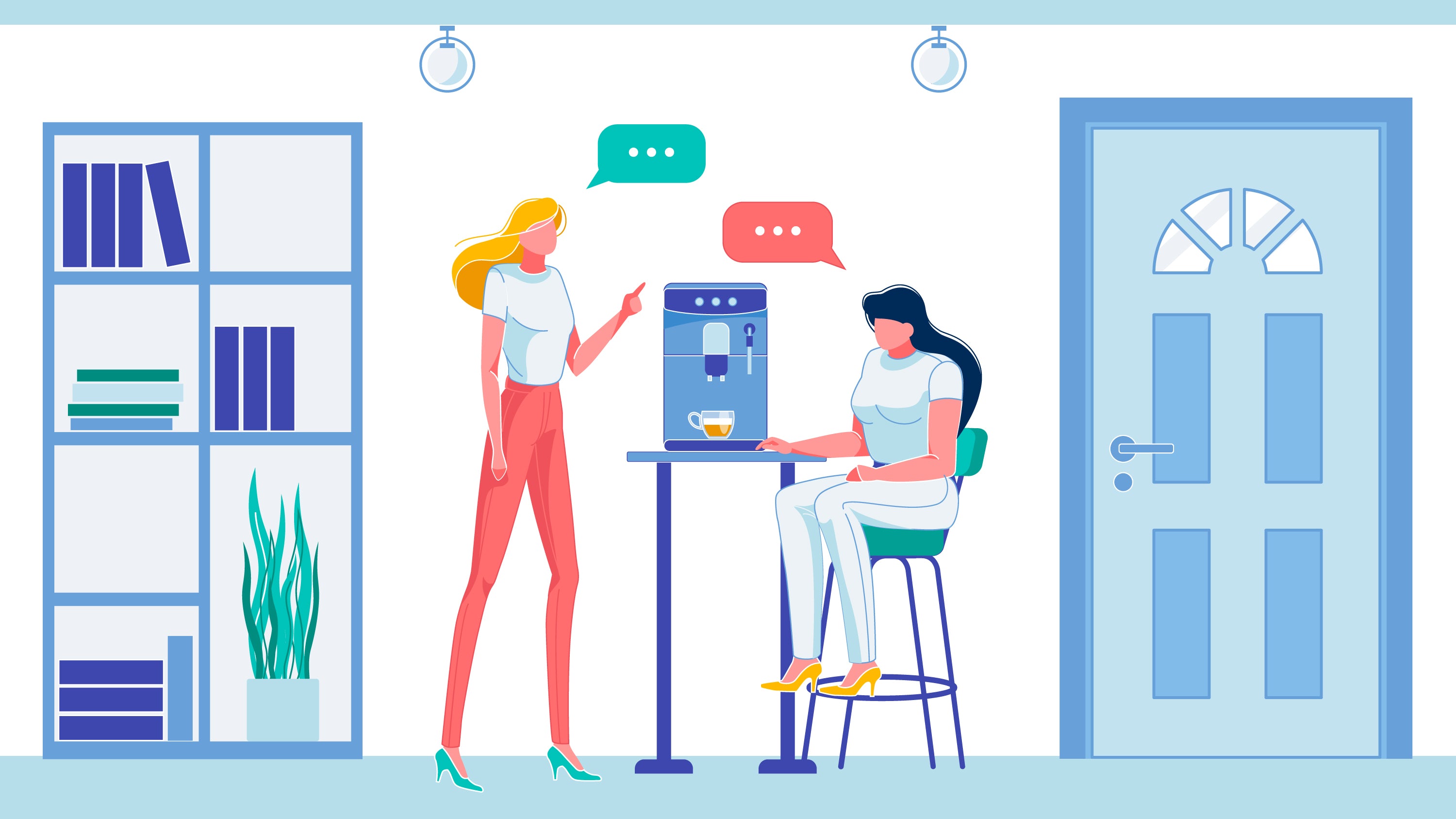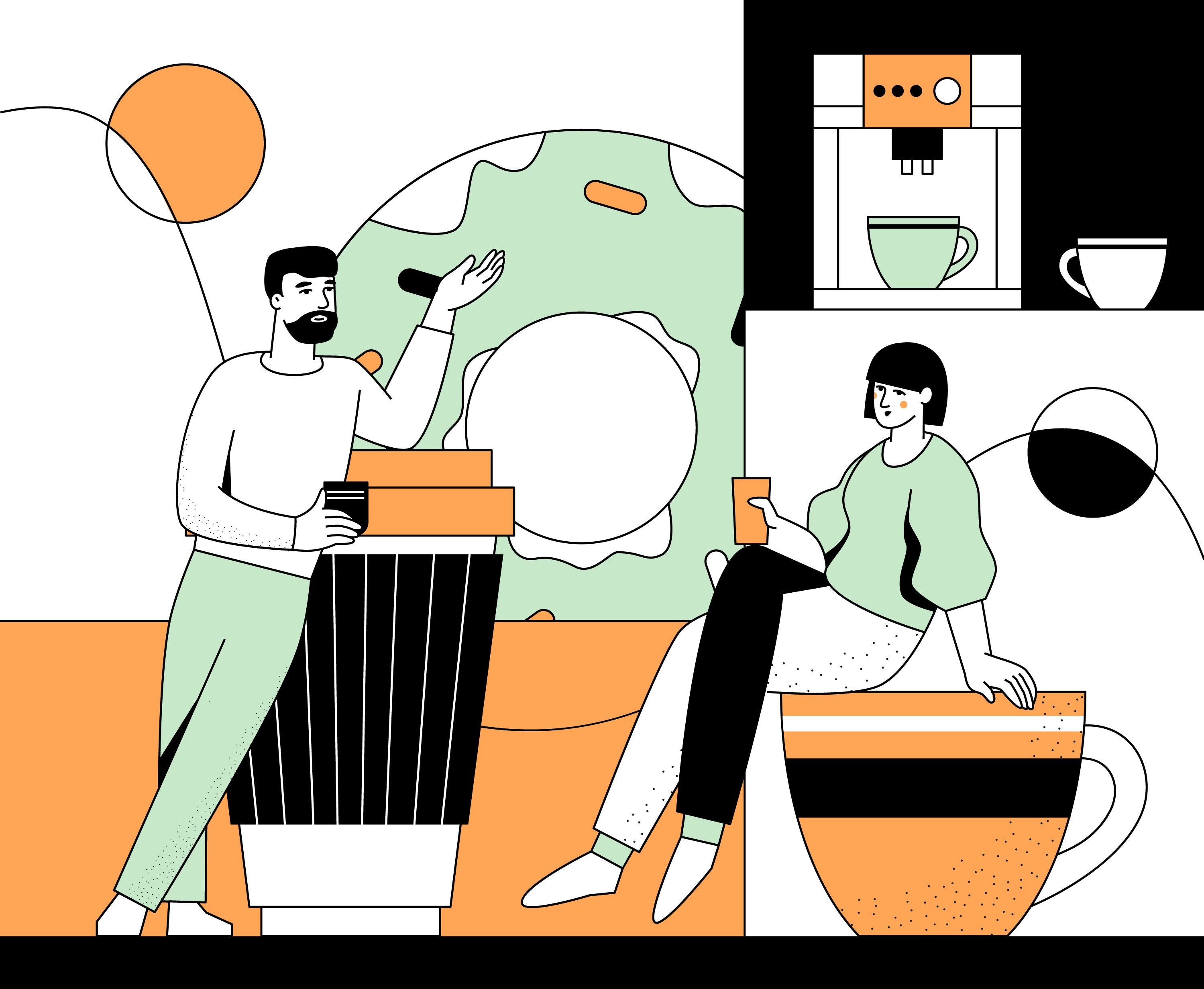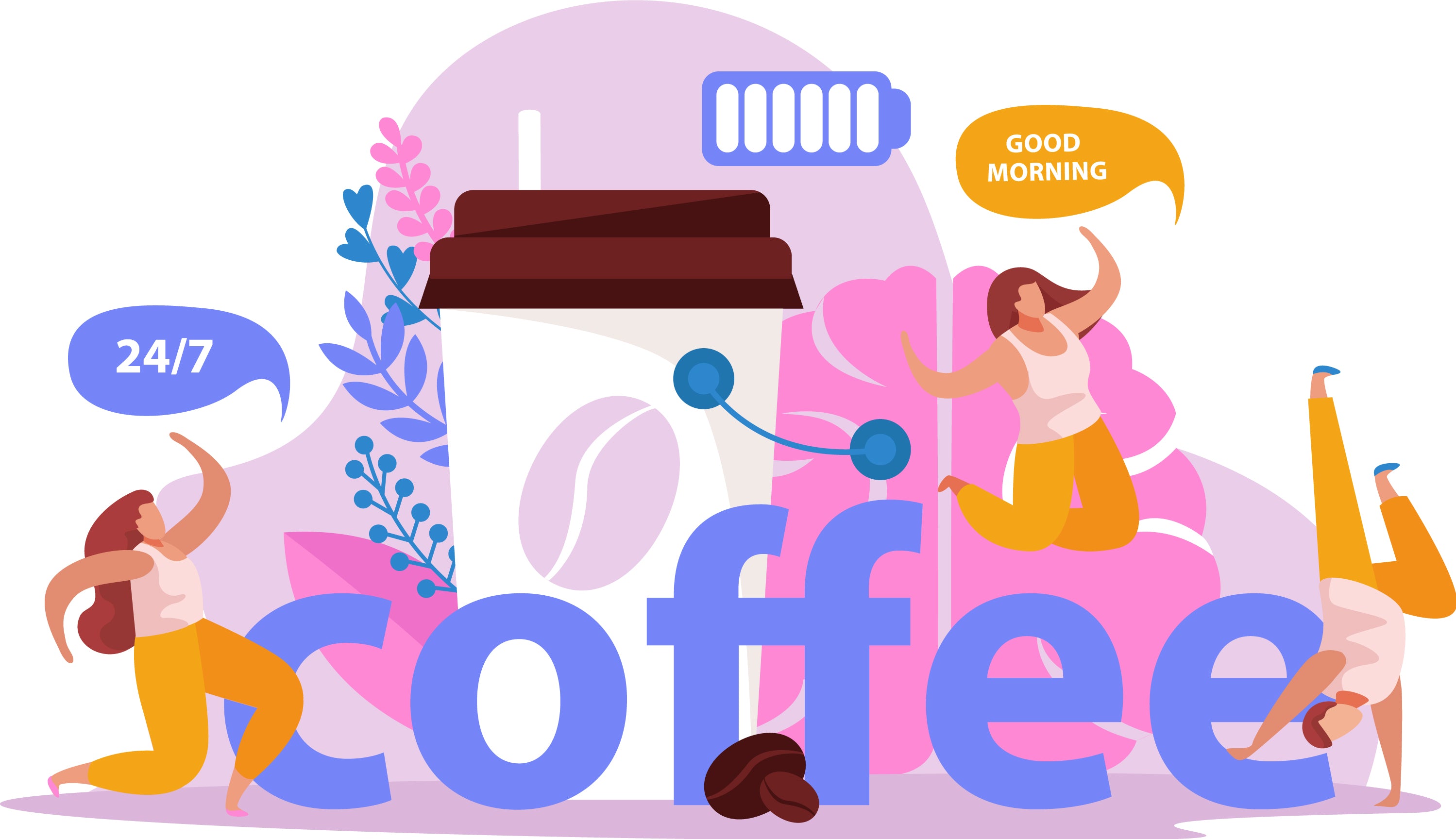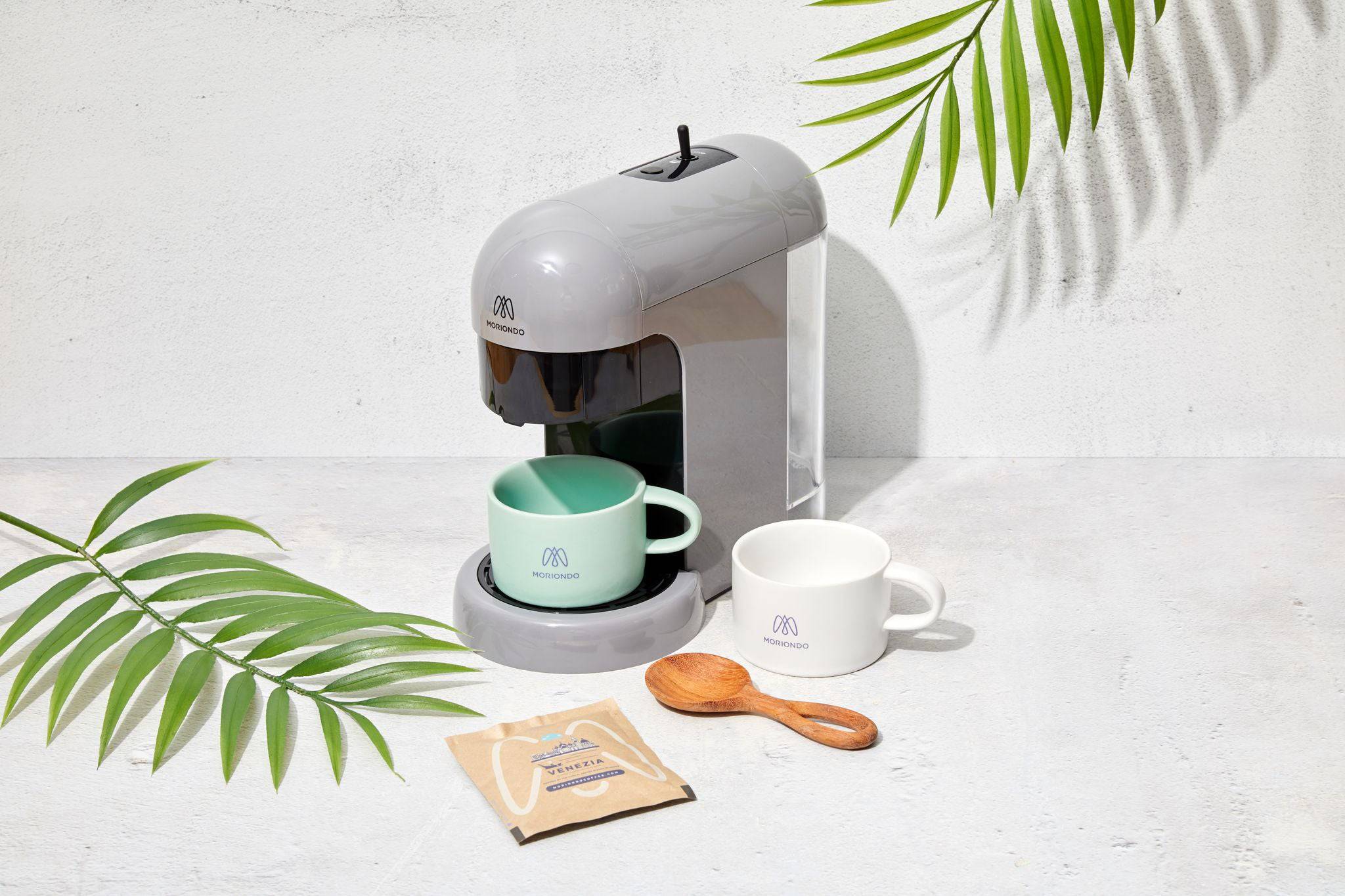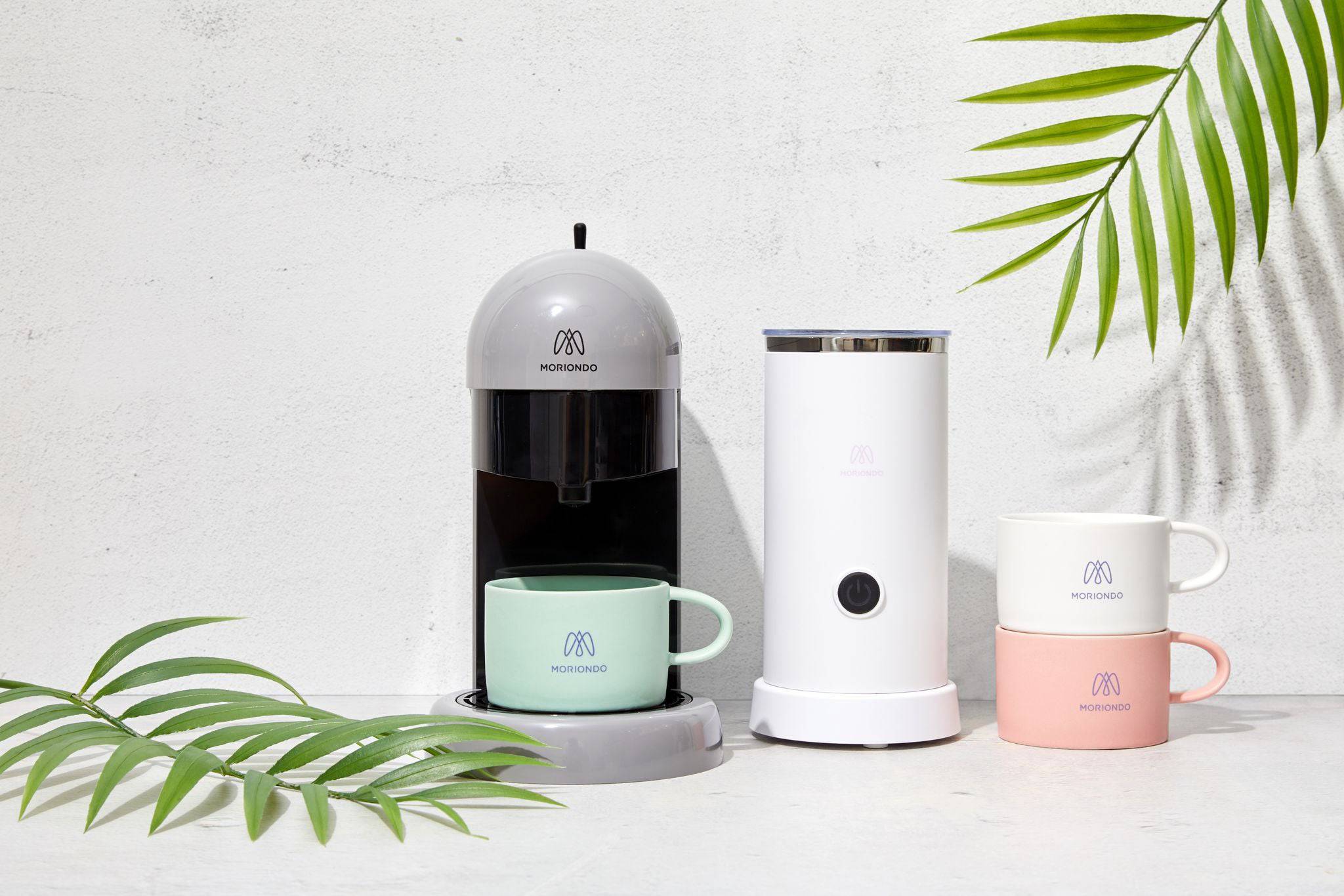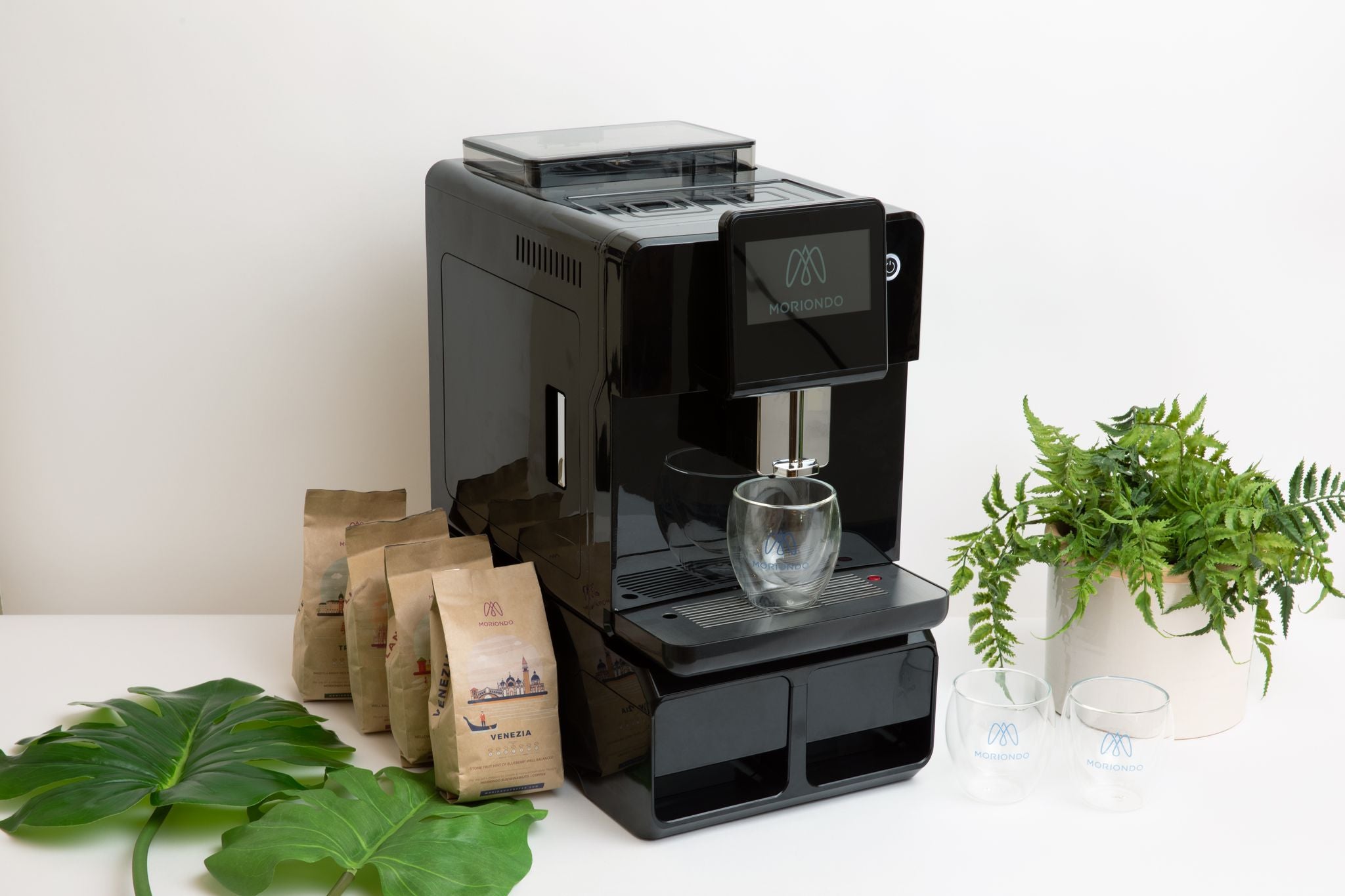How Much Caffeine Is Too Much?
If you’re like 1 billion other people around the world, chances are you enjoy a delicious cup of coffee in a morning. Each day, there are around 1.6 billion cups of coffee consumed, and if you enjoy your morning coffee, you’ll know exactly why that is.
Whereas coffee does indeed taste delicious, the main reason why people drink a morning coffee is due to the fact that it contains large amounts of caffeine.
Caffeine is a stimulant that is naturally occurring and is present in coffee beans. It provides people with a temporary increase in energy levels by stimulating the central nervous system and the brain. This helps people to wake up and feel alert in a morning.
After drinking a cup of coffee you’ll find that, for a while, you have more energy and feel more mentally alert, until the caffeine wears off.
Once the caffeine wears off, people often find themselves reaching for another serving of coffee, and another, and so on.
Coffee has been found to be beneficial for the brain and body, but too much can be harmful.
As caffeine is a diuretic, one of the biggest concerns about drinking coffee regularly is whether it can dehydrate you. So, does coffee dehydrate you? Keep reading to find out.
Hydration and caffeine intake

One of the main reasons why coffee is so popular is because of its high caffeine content.
Sure, you can get decaf coffee, but generally it’s nowhere near as popular as the caffeinated versions.
Once you consume caffeine, it makes its way through your gut and into the bloodstream.
Its next port of call is the liver, where it is broken down into a series of smaller compounds which can then influence how your brain and organs such as the heart can function.
The main reason why people are concerned about coffee and dehydration is because caffeine is a diuretic. This means that it causes the body to lose more fluids than you consume. Caffeine boosts blood flow to the kidneys, causing them to produce more urine, which means you lose more water.
It should be noted, that in order for coffee to be linked with dehydration, you would need to consume a lot, though we’ll get to that a little later on.
How much caffeine is too much caffeine?
Caffeine has many positive attributes and can provide a number of health benefits for the mind and body.
Like anything, though, we can have too much of a good thing. So how much caffeine is too much?
According to the FDA, 400mg of caffeine or below, is deemed acceptable and has not been linked with any negative side effects and is not considered dangerous for healthy adults.
Adults suffering from hypertension (high blood pressure) however, should limit their caffeine intakes to no more than 200mg per day. Caffeine elevates the heart rate and can lead to an increase in blood pressure, putting you at risk of all manner of cardiovascular issues. Your best bet is to limit your caffeine intake, avoid caffeine and caffeinated energy drinks if you do suffer with heart issues. Or at the very least, limit caffeine consumption.
What happens if we have too much caffeine?
As part of a healthy diet, it’s important to remember to enjoy things in moderation and watch our caffeine intake.
Coffee is a very healthy beverage naturally, and there are heaps of health benefits associated with coffee beans. If we consume too many coffee drinks, or too much caffeine in general however, there could be very severe health consequences and adverse effects if we aren’t careful.
Pure caffeine affects the brain and body in numerous ways and while consuming 90 milligrams of caffeine or so each day may not sound like a lot, those cups of coffee can add up and can lead to a number of unpleasant side effects.
Too much caffeine can be addictive and can lead to the formation of a caffeine habit, difficulty falling asleep, anxiety, digestive issues, increased blood pressure, rapid heart rate, fatigue once it wears off, frequent urination, and much more besides.
Highly concentrated caffeine can also interfere with certain medications, and while most adults do limit the amount they consume and monitor their caffeine levels, excess caffeine can also lead to some pretty nasty withdrawal symptoms.
Is there caffeine in decaf coffee?
As mentioned, excess caffeine intakes can lead to serious health consequences, along with unpleasant side effects. Highly concentrated caffeine especially, can be detrimental to your health. That’s all well and good, but does that mean that we need to give up coffee if we want to keep our caffeine levels low? Well, not really.
Those with caffeine sensitivity issues, or who just don’t want to consume too much can go with decaffeinated coffee instead. With decaf coffee, the vast majority of caffeine is removed from the coffee beans via a scientific process involving soaking the beans and blasting them with liquid CO2 (carbon dioxide) in a large extractor.
Decaf coffee is much lower in caffeine than regular coffee, though there is still some caffeine present.
Typically, the decaffeinating process removes around 97% of the caffeine, meaning that an average serving of decaf coffee contains just 2mg of caffeine, which is a very low amount.
Coffee vs energy drinks

So-called “energy” drinks and other caffeinated beverages are often marketed as being healthy and beneficial for active individuals, but just how well do they stack up against a regular mug of coffee?
These drinks contain too much caffeine, along with ingredients such as taurine, ginseng, amino acids, sugar, and other ingredients with stimulating effects.
A 500ml tin of energy drink provides a staggering 160mg of caffeine, which is four times the recommended daily intake.
The high caffeine content, along with the sugars, amino acids, and other ingredients in these caffeinated beverages mean that these beverages are far from healthy. In fact, due to the risks of too much caffeine, in some parts of the world they’re banned.
Energy drinks have been linked with cardiovascular issues, they can be addictive and can cause caffeine withdrawal, plus they contain unhealthy amounts of sugar.
A serving of coffee, however, is natural, provides antioxidants, contains safe amounts of caffeine, and is much healthier for you than a sugar-laden caffeinated beverage like an energy drink.
How much caffeine is in a cup of coffee?
As you can see, it is the caffeine in coffee that has people concerned about their hydration levels.
We know that there are around 1.6 billion cups of coffee consumed each day, and if you contribute to these cups of coffee consumed each day, you might be wondering how much caffeine they contain.
Well, in terms of how much caffeine you can expect, a typical cup of coffee contains an average of just 95 milligrams of caffeine. Some cups of coffee come in different strengths, and sizes however, but generally, 95mg is the magic number to remember.
Does coffee dehydrate you?
Okay, so, the moment of truth, does coffee dehydrate you? Well, providing you consume it sensibly, and watch your caffeine consumption, the answer is no.
In order for caffeine to cause dehydration, you would need to consume more than 500mg each day, which is the equivalent of roughly 5 cups of coffee. When you compare this to other caffeinated beverages such as energy drinks, you are ironically more at risk of dehydration from consuming these caffeinated drinks than you are with coffee.
Healthy adults who consume 3 – 5 cups of coffee each day are generally not considered to be at risk of dehydration.
Coffee can actually be beneficial if consumed in moderation, so limit yourself to between 3 and 5 cups per day, or a max of 500mg of caffeine.
To avoid dehydration, limit your consumption of caffeinated beverages, drink plenty of water, and avoid diuretics such as alcohol.
Good Tasting Coffee: How to Identify Coffee Flavors

In order to appreciate the different types of coffee available, it's important to cultivate an awareness of its unique characteristics. Let's take a look at the way coffee connoisseurs judge different cups of coffee.
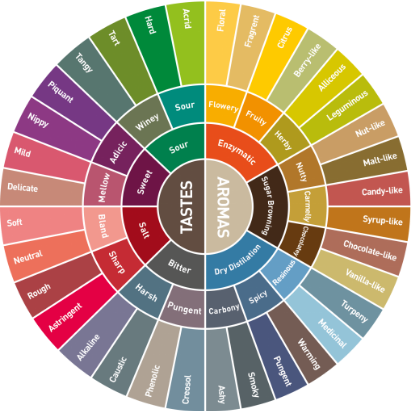
Aroma
The scent of a cup of coffee has a direct influence on how we perceive its flavor. As you drink coffee try to notice if the scent is smoky, fruity, earthy, spicy, nutty or grassy.
Acidity
One of the most defining characteristics of a cup of coffee is its acidity. This is the sharp, bright tangy quality of coffee that perks up our senses. Coffee doesn’t necessarily contain just one type of acid, either. It may contain citric acid, malic acid (fruity in flavor) or even quinic acid from stale coffee, which gives us stomach aches.
Body
This is the weight, thickness and texture of coffee in your mouth. The body of different types of coffee falls on a spectrum of light- to full-bodied viscosity (thin to thick).
Flavor
This is where comparisons come in handy and there is some overlap between aroma and flavor. Your coffee might taste bitter, sweet, savory or sour with common comparisons to chocolate, wine or fruit.
Related Posts

